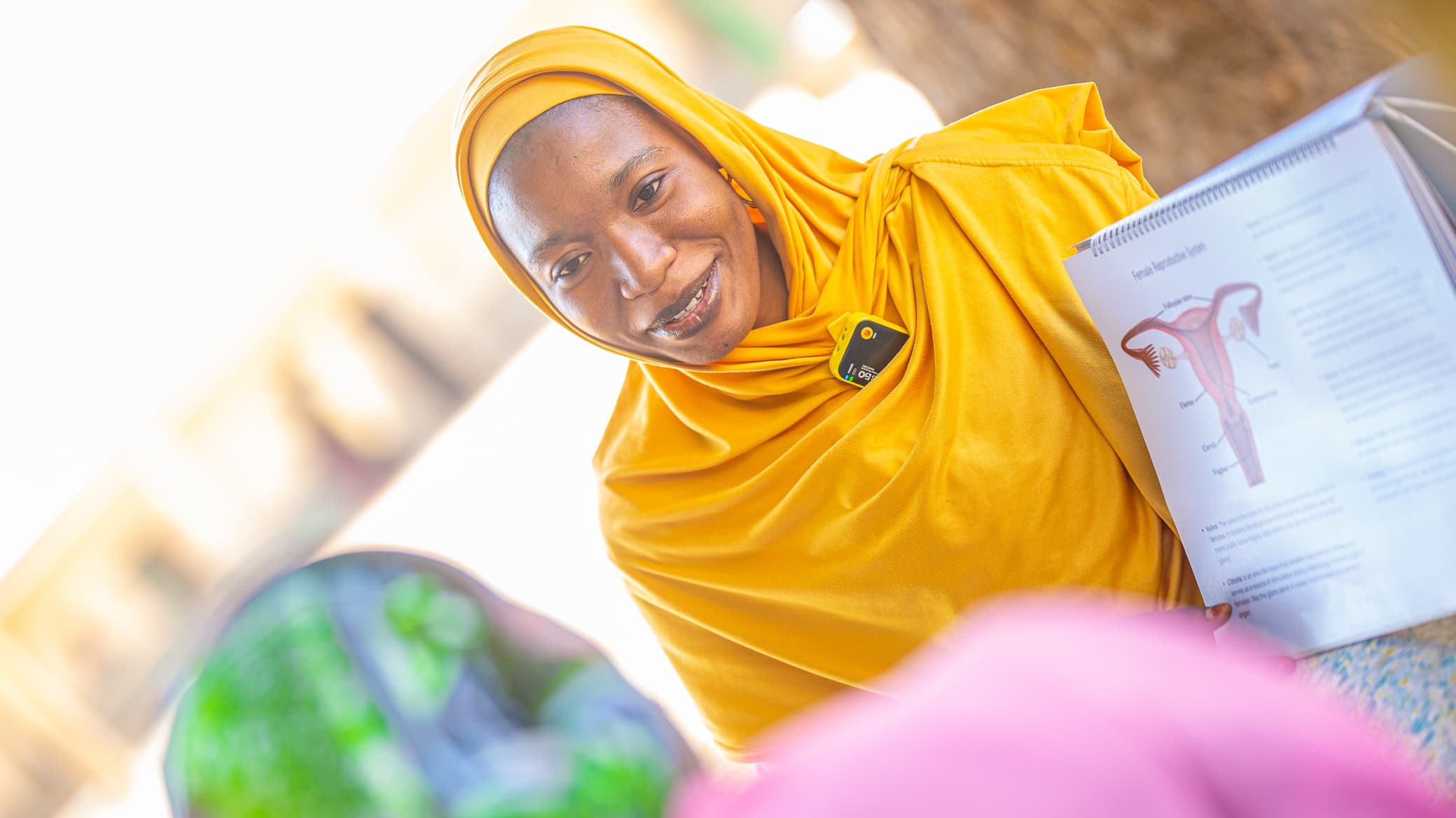Sexual and gender-based violence is one of the most pervasive human rights abuse and reproductive health challenges in the world. Sexual violence can result in pregnancy, bringing greater “complications” to the life of the survivors and confronting them with the additional challenge of decision-making regarding the pregnancy in Nigeria’s restrictive legal abortion context.
The Violence Against persons (Prohibition) Act (VAPP) was passed into law in 2015, following several years of advocacy at the National level, and several states followed suit to domesticate the Law. The National Guidelines for the Safe Termination of Pregnancies for legal indications came into effect in 2018, as well as the Standard and Guidelines for the Medical Management of Victims of Gender-Based Violence.
Despite these efforts, expanding access to safe abortion for cases of rape and incest continues to be a controversial issue, despite the astronomical increase of SGBV cases.
Ipas Nigeria conducted nationwide research to uncover the linkages between sexual violence and unsafe abortions in Nigeria and to evaluate the efficacy of the Violence Against Persons Prohibition law in addressing Sexual Violence in Ogun, Sokoto, Jigawa, Gombe, Adamawa, Imo, Kebbi, Kwara, Kano, Delta, Rivers, Kano, and Borno States.

